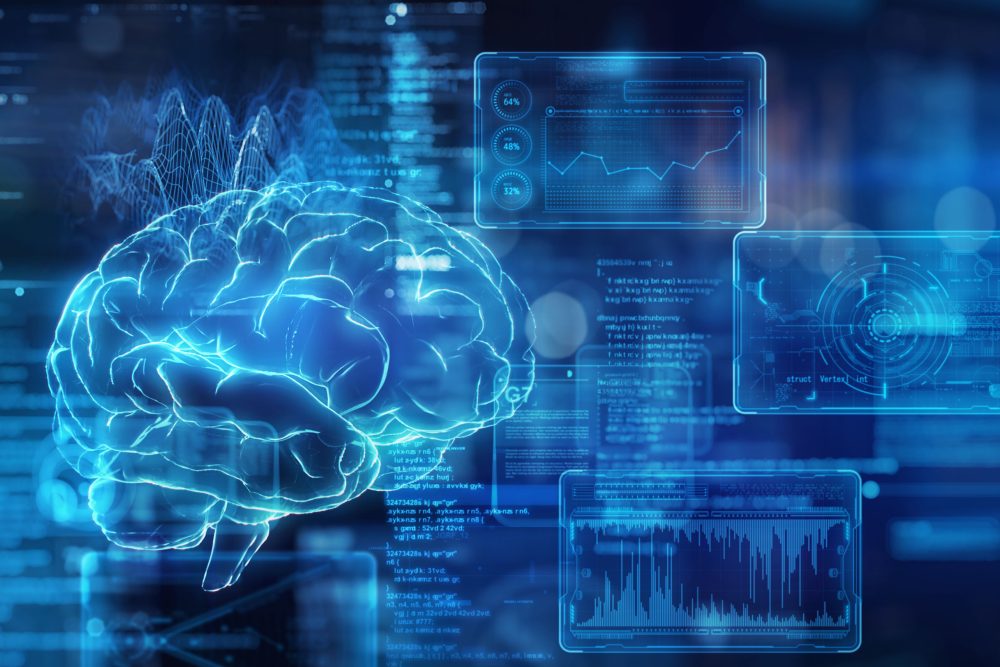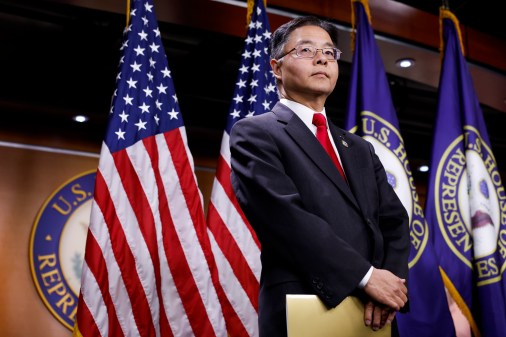Senators propose new bipartisan AI legislation focused on national health security

New bipartisan legislation proposed by Senators Ed Markey, D-MA, and Ted Budd, R-NC, on Tuesday would push the Department of Health and Human Services to take a more active role in studying the potential biosecurity risks created by artificial intelligence.
One of the bills, which is called ‘‘Artificial Intelligence and Biosecurity Risk Assessment” Act, would charge the HHS assistant secretary for preparedness and response with evaluating whether and how more advanced forms of artificial intelligence could be used to develop various types of biosecurity threats, including, for example, chemical weapons and novel pathogens.
The other bill — the ‘‘Strategy for Public Health Preparedness and Response to Artificial Intelligence Threats” Act — proposes broader responsibilities for HHS, including requirement that the agency develop a plan focused on the risks that AI might pose to national health security. That strategy would eventually need to be submitted to members of Congress.
“As AI grows in power and influence, we may face the real prospect of AI-generated threats like biological or chemical weapons,” said Budd in a press release published on Tuesday. “The federal government must not be caught flat-footed on these threats and should begin to prepare now.”
“Either we prevent the risks now, or Americans will be left dealing with the consequences for decades to come,” said Markey in a statement also included in the press release. “It is vital for us not only to understand the impacts of artificial intelligence on our health but to act with the urgency that this moment requires.”
The legislation comes as federal agencies continue to wrestle with how to study and regulate the risks created by artificial intelligence.




